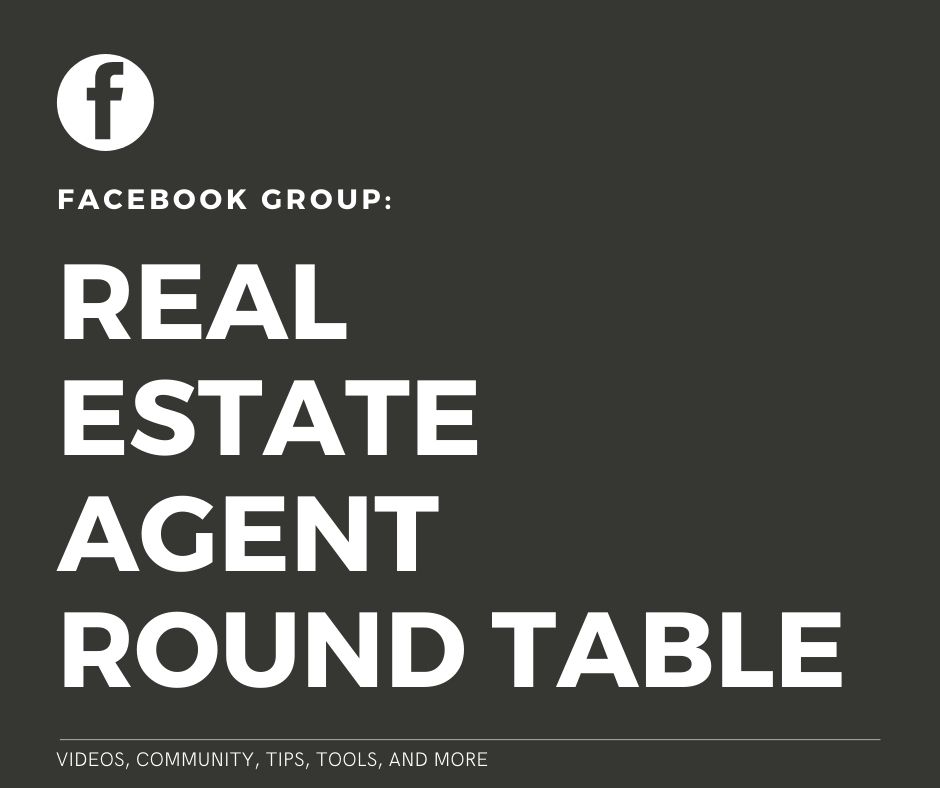Learn how top Realtors manage overpriced listings to help sellers understand how to price their homes correctly to sell.
In this mastermind conference call, we discuss how Realtors can manage taking overpriced listings. This is a common problem that often comes up during a listing consultation — the seller thinks their home is worth more than market value. I’m not telling you to not take an overpriced listing, however. In fact, you should be taking these overpriced listings.
VIDEO: How Realtors Manage Overpriced Listings
Should agents take overpriced listings?
The first thing to consider is what your seller’s true motivation is for selling their home. Use a detailed and thorough needs analysis to uncover their motivation. You must get your client over the “I don’t need to sell” objection for overpriced listings. If they don’t get past it, you need to let go of them as a client.
If the overpriced listing goes on the market and stagnates because it is so grossly overpriced, that looks bad for them and ultimately it looks bad for you as their agent. This is too big of a risk. Your seller must be motivated! This motivation is what you will use to help them make the right decision on price.
The problem with overpriced listings
It’s important for your client to understand the problem with pricing their home too high. They need to see for themselves how it could ultimately hurt their chances of getting a good offer. For example, if the overpriced listing stays on the market for too long, buyers will see it and think, What is wrong with this house? Why has it not been sold yet? That will deter many buyers from even going to see the house.
You must explain to your client that their best bet for selling their home at above market value is to set their price at market value. We are dealing with a low inventory market right now and buyer demand is high. For most market-value listings that go on the market, there is a feeding frenzy of buyers. This naturally drives the price up, but you will attract more offers with a reasonably priced listing.
It’s pretty simple, and you need to explain this all to your client. Show them examples of listings that have sold over asking that started out at an appropriate price. And then show them some examples of homes on the market that sit there for too long and are forced to reduce their price. Sometimes, the best thing you can do is provide your sellers with examples that they can see for themselves.

“It’s my job to help you sell your house.”
When you are having an uncomfortable conversation with your seller about their overpriced listing, it’s good to remind them of why you are their Realtor. “I am here to help you sell your house. May I be honest with you?” Starting a conversation like that opens the door for you to be brutally honest about the overpriced listing. Help them see that you are on their side, and that you do want to get them the highest price for their home.
Once you give them your advice based on your experience, you can remind them, “Hey, I’m here for you no matter what choice you make. But I want you to go into it knowing exactly what risk you are taking, and that rolling the dice like this could backfire.”
Take the overpriced listing
I have been encouraging my coaching clients to take more overpriced listings lately. The reason being — sometimes, they work out. In this unprecedented marketplace, we are seeing a lot of unusual things, and this is one of them. This is not always the case, so you need to pay attention to what is happening in the market. However, if the overpriced listing does sell, there is always the possibility of running into an appraisal problem, so you must be wary of that. This is another possible issue to warn your seller about.

Check out our latest posts:
- The Recruiting Flywheel: Designations, CE & Licensing That Attract Agents
- Homes Are Taking Longer to Sell – How Agents Keep Sellers Happy
- You’re Losing Views on YouTube—Fix Your Real Estate Video Titles
- AI-Powered Lead Generation & Chatbots: Transform Your Real Estate Business
- Agent Management Portal: The Recruiting Tech That Changes Everything


















